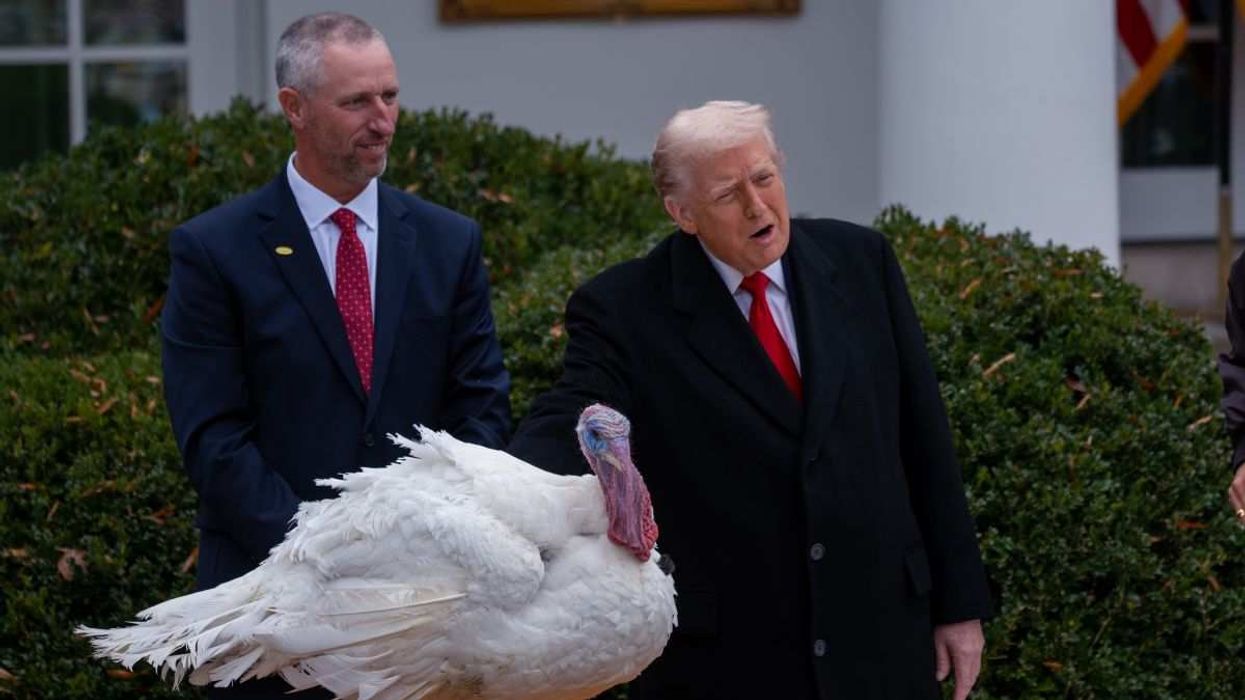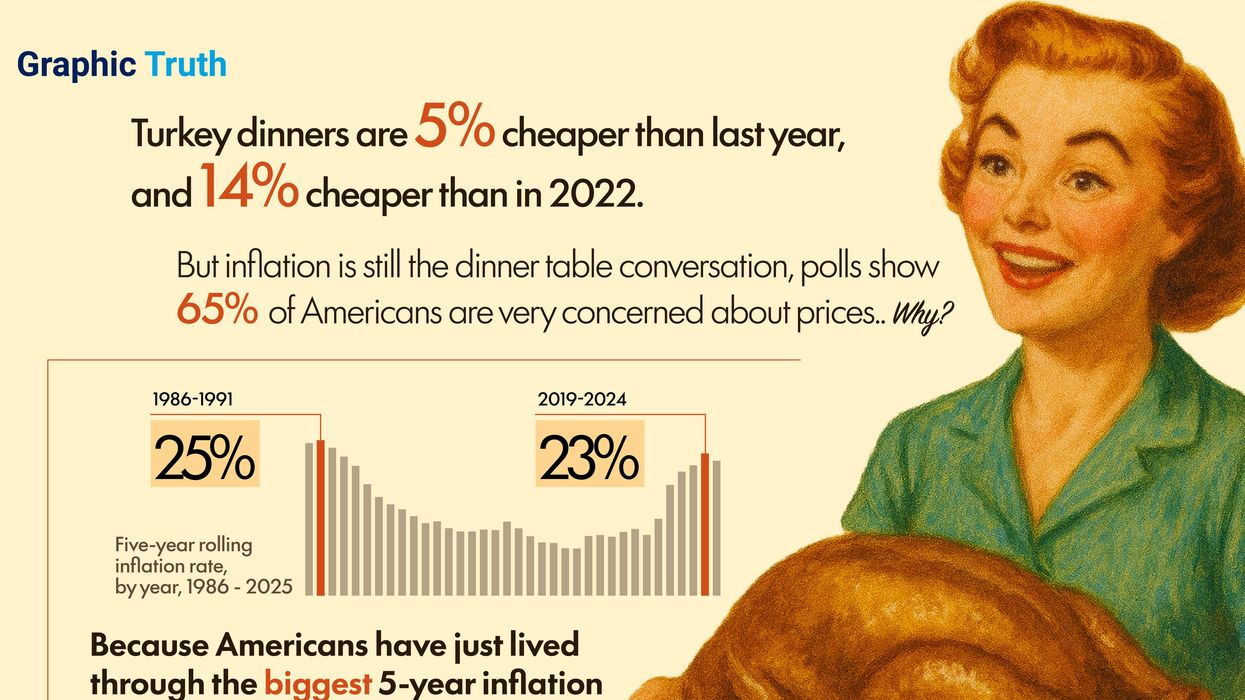Another week, another black eye for Justin Trudeau’s increasingly unpopular immigration policy. This time the punch came from the United Nations, which released a scathing report alleging that Canada’s Temporary Foreign Worker Program is a “breeding ground for contemporary slavery.”
The program — which the Liberals have greatly expanded to fill pandemic-related job vacancies — allows foreigners to work temporarily in Canada in industries like agriculture, fisheries, and food service, often for low wages.
But the UN says the program makes workers vulnerable to abuse, since they can be deported if they are fired. The minister responsible for the program, Marc Miller, has acknowledged the need for reforms.
Immigration has historically not been a hot-button political issue in Canada, where there’s been a nonpartisan consensus about its societal and economic benefits. But the Liberals’ massive expansion of immigrant visas in recent years has contributed to a housing shortage, while economists say the temporary worker programs suppress wages for Canadians. As a result, the pro-immigration consensus has collapsed.Miller has been scrambling to make fixes to the system, but so far the Conservatives are making hay out of a popular demand to slow immigration. The Liberals, meanwhile, may be wary of cutting immigration too swiftly, for fear of the economic fallout and potential blowback from some in ethnic communities they rely on at the ballot box.



















